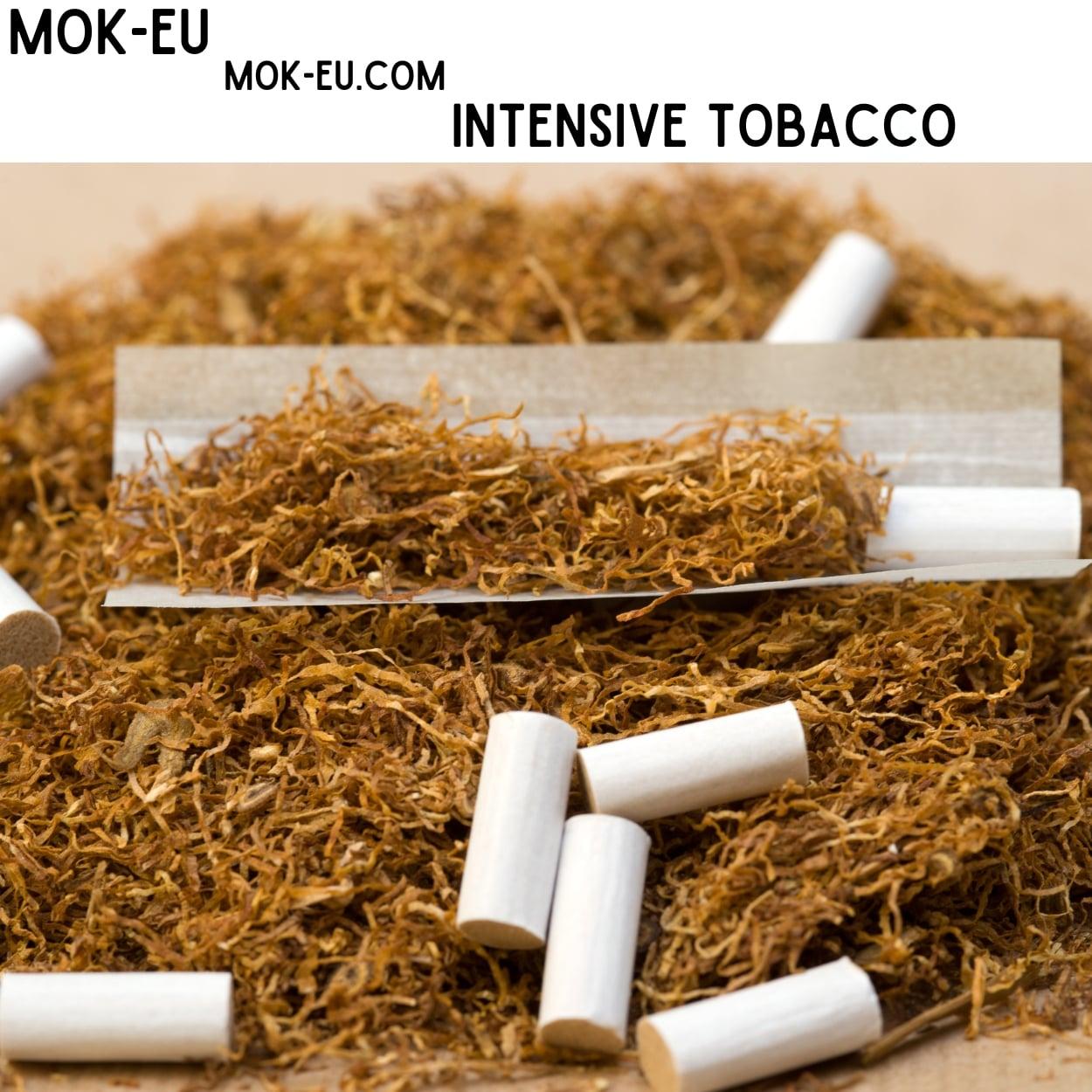Intensive tobacco cultivation refers to the practice of growing tobacco plants in high-density settings, often involving the use of chemical fertilizers, pesticides, and irrigation to maximize yields. While this method has been adopted by many tobacco farmers worldwide, it raises significant concerns due to its environmental, social, and health impacts.
One of the primary issues associated with intensive tobacco cultivation is its environmental impact. The heavy use of chemical inputs can lead to soil degradation, water pollution, and loss of biodiversity. Pesticides and fertilizers can contaminate water sources and harm non-target organisms, disrupting fragile ecosystems. Additionally, the intensive farming practices can lead to deforestation as farmers clear land to expand their tobacco fields, further exacerbating environmental degradation.
Intensive tobacco cultivation also has social implications, particularly in developing countries where tobacco farming is prevalent. Small-scale farmers often bear the brunt of the negative impacts, as they may face health risks from exposure to chemicals, receive low wages, and be trapped in a cycle of poverty due to dependence on tobacco cultivation. Moreover, the tobacco industry has been criticized for exploiting vulnerable populations, including child laborers, in its quest for cheap labor.
From a health perspective, the intensive use of chemicals in tobacco cultivation raises concerns about the safety of the final product. Residues of pesticides and other chemicals can find their way into tobacco products, potentially posing risks to consumers' health. Furthermore, the environmental degradation caused by intensive tobacco cultivation can have indirect health impacts, such as air and water pollution, which can affect the well-being of nearby communities.
In conclusion, while intensive tobacco cultivation may increase yields in the short term, its long-term impacts on the environment, society, and health are cause for concern. Sustainable farming practices, such as organic farming, offer a more environmentally friendly and socially responsible alternative that can help mitigate these negative impacts.

